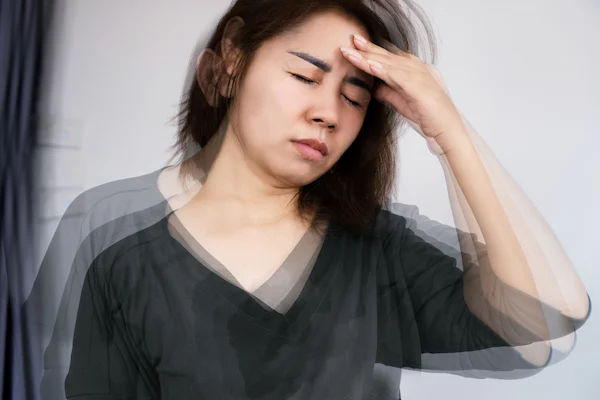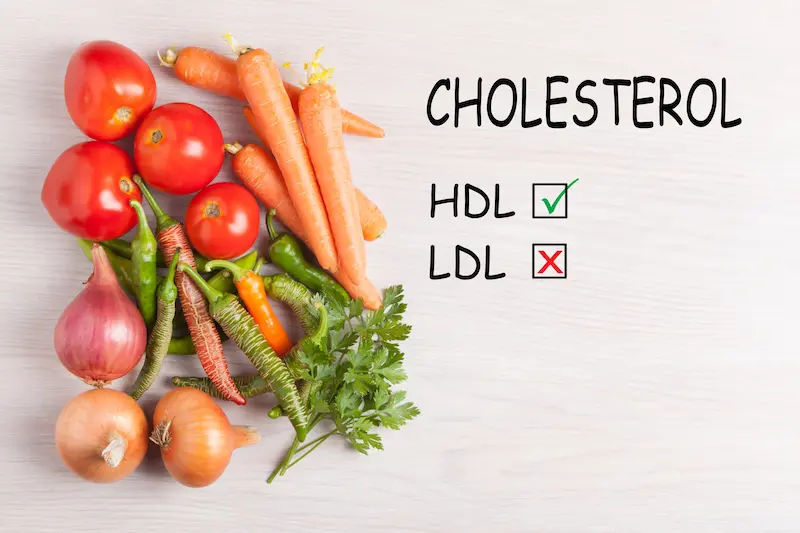- male
- 40 Years
- 29/01/2025
I've been having a headache on the right side of the back of my head lately and when I checked my blood pressure it was between 140-160 for systolic and 90-110 for diastolic over the past week. My pulse is around 80-85 and oxygen is at 99. I dont have any other medical issues but I recently moved to a new country and this started after I got here. Could this change in food and location be affecting my blood pressure? Before moving, I was drinking and eating out about three times a week for a couple of months. Could that have caused my blood pressure to spike? Im planning on seeing a cardiologist next week but would appreciate any advice you might have.
Answered by 1 Apollo Doctors
Based on the information provided, the spike in your blood pressure could be related to various factors such as stress, dietary changes, and lifestyle habits. It is possible that the change in food and location, as well as the previous indulgence in drinking and dining out frequently, may have contributed to the increase in your blood pressure. To help manage your blood pressure, it is important to make some lifestyle modifications. You can start by reducing your salt intake, eating a balanced diet rich in fruits and vegetables, engaging in regular physical activity, and managing stress through relaxation techniques. Additionally, if your cardiologist deems it necessary, they may prescribe medication to help lower your blood pressure. It's good that you have an upcoming appointment with a cardiologist, as they will be able to provide you with a more personalized treatment plan after a thorough evaluation.
Dr. Shubham Suggests...
Consult a Cardiologist
Answered 04/07/2025
0
0

More Cardiology Health Queries
View allI'm a bit concerned about my latest ECG results, specifically the increased rs ratio in V1. I read that it might suggest an early transition or even a posterior infarct. Could this be related to my hypothyroidism and hypertension? Should I consider getting an echo done to figure this out? I'm really worried and would love some advice.
Yes get a 2D echo done and visit Cardiologist for appropriate management
Answered by 1 Apollo Doctors
My dad has blockages in all three arteries and the numbers are 90 80 80. How long can he safely wait before getting surgery? I'm really worried about his condition.
A detailed evaluation will help decide the best course of action.
Answered by 1 Apollo Doctors
Is atherosclerosis reversible?
Various drugs, low fat diet and exercise can slow the effect of atherosclerosis but once a plaque is formed it is mostly not reversible. A person ahs to undergo procedures for removal of atherosclerotic plaque.
Answered by 1 Apollo Doctors
Disclaimer: Answers on Apollo 247 are not intended to replace your doctor advice. Always seek help of a professional doctor in case of an medical emergency or ailment.

_0.webp)



_2.webp)